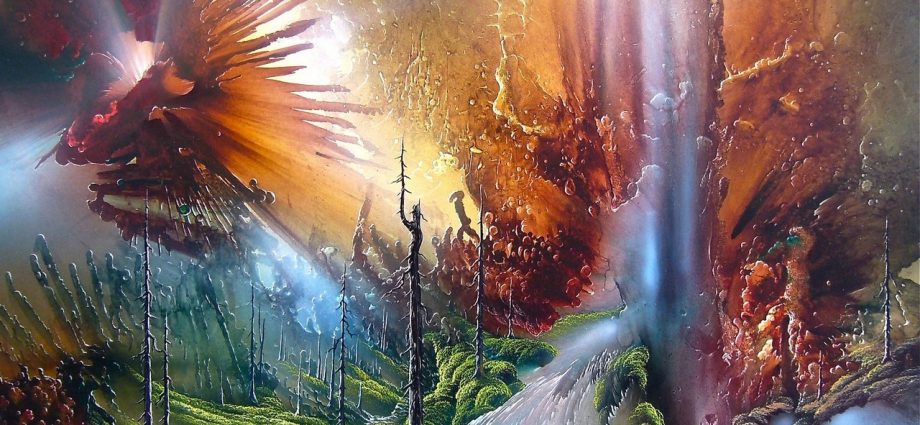Recently, Japanese macaques on Koshima Island have begun to eat raw fish. This new habit was first observed in 1979, in adult males that live on the periphery of the group of macaques. … The eating of fish is discussed in relation to recent nutritional conditions in the macaques’ habitat.
How do Japanese macaques get their food?
Diet and Nutrition
The Japanese macaque eats smaller animals and plants, mainly fruits, berries, seeds, flowers and young leaves, picking them from the surrounding vegetation. They also eat insects, crabs and bird’s eggs during the winter months.
Are Japanese macaques friendly?
Japanese macaques are the only monkeys able to survive the extremes of cold and snow in northern Japan, regularly enduring temperatures of -10°C / 14°F. Visitors to the park find the monkeys to be very docile and relaxed compared to monkeys in other parts of the world.
Are Japanese macaques aggressive?
Gentle creatures that display frequent social interactions, Japanese macaques are seldom aggressive. Grooming helps maintain the intricate social bonds between them.
How do Japanese macaques keep warm in winter?
With the help of a longer, thicker winter coat of fur, the snow monkeys have adapted to Japan’s frigid winters. In addition to their thick fur, macaques also rely on hot springs to stay warm. Snow monkeys were first spotted getting the spa treatment in 1963.
Are macaques friendly?
“Generally, macaques are not aggressive,” she says. “But if they’re provoked, they will respond, like any animal will.” In the study, a third of the volunteers mistakenly thought the aggressive faces (A and B above) were friendly or neutral faces. … “And never try to pet, touch or feed any wild animal.
How do Japanese macaques find food during the winter?
During the winter months, the macaques survive on fibrous plant matter and bark, sometimes even scavenging for fungi. But when temperatures warm in the spring, nectar and flowers are on the menu. Once flowers develop into fruits, the summer is filled with bounty.
Do macaques eat frogs?
When they forage in mangroves, long-tailed macaques spend time consuming crabs and have also been seen eating frogs, shrimp and octopuses (Sussman & Tattersall 1986; Son 2003).
Will monkeys eat fish?
It is believed that monkeys mainly eat nuts as their staple diet, not fish or meat. However, the monkeys on the island eat fish washed ashore, grabbing them with both hands and biting into them.
What habitat do Japanese macaques live in?
The Japanese macaques live in the northernmost Highlands of Japan, mainly covered with deciduous, evergreen, tropical, and subtropical forests, and usually found on trees and mountains. Cold weather, where there is high snowfall in January and December, is the perfect habitat for snow monkeys.
What is a Japanese macaque habitat?
Habitat. Japanese macaques inhabit subtropical and subalpine forests. In the northern part of their range, they inhabit cool temperate deciduous broadleaf forests.
Why are Japanese macaques faces red?
A new study from Kyoto University has revealed that the red faces of female Japanese macaques signal information about their social rank, rather than about their reproductive status.
What is unusual about the Japanese macaque?
The macaque has other unusual behaviours, including bathing together in hot springs and rolling snowballs for fun. Also, in recent studies, the Japanese macaque has been found to develop different accents, like humans.
Are Japanese macaques monogamous?
Japanese macaques give birth once a year, usually in April and May. There are few monogamous relationships in the troupe but when they do appear they are very strong. Adults seem to be more tolerant of some youngsters than others, but it is not clear whether they are the fathers of these young monkeys.
How do monkeys survive in the winter?
The data revealed that during winter, the monkeys’ core temperatures were often three degrees lower at night than in the day. … Certainly, well-connected monkeys have lower stress hormones than isolated ones, and that alone might give their immune systems a break, and improve their survival.
Do monkeys like bananas?
Monkeys do enjoy bananas. A study from 1936 even offered monkeys fruits, vegetables, nuts, and bread to see what they would choose to eat more of. Bananas ranked right behind grapes; nuts and bread were last. “Of course monkeys and apes are not stupid and relish eating them once they are exposed to them,” Milton said.
Why do macaques slap when grooming?
Lip smacking indicates peaceful intentions. It may be performed between any individuals intent on maintaining a peaceful relationship. Lip smacking is often performed during approach towards another macaque, or even human caregivers.
Are macaques smart?
Macaques are able to swim and spend most of their time on the ground, along with some time in trees. They have large pouches in their cheeks where they carry extra food. They are considered highly intelligent and are often used in the medical field for experimentation.
Do monkeys shower?
Well it turns out that it’s not just humans that like to soothe themselves in a bath. Japanese macaques, known as snow monkeys, love to do it too! … New research has found that when Japanese macaques bathe in hot springs, their stress hormones go down.
Do primates bathe?
Japanese macaques, or “snow monkeys,” have been spotted taking baths in man-made hot springs during winter for decades. Now, researchers have discovered exactly why the monkeys do this. … But the researchers also found that indulging in a hot-spring bath may lower the monkeys’ levels of biological stress.
Do monkeys eat shark eggs?
Gastropods aren’t the only organisms known to prey on elasmobranch eggs – other elasmobranchs, bony fishes, seals, whales and even monkeys are known to consume shark and ray eggs. … For the baboons, the eggs represent a rare delicacy, rich in protein and energy.
